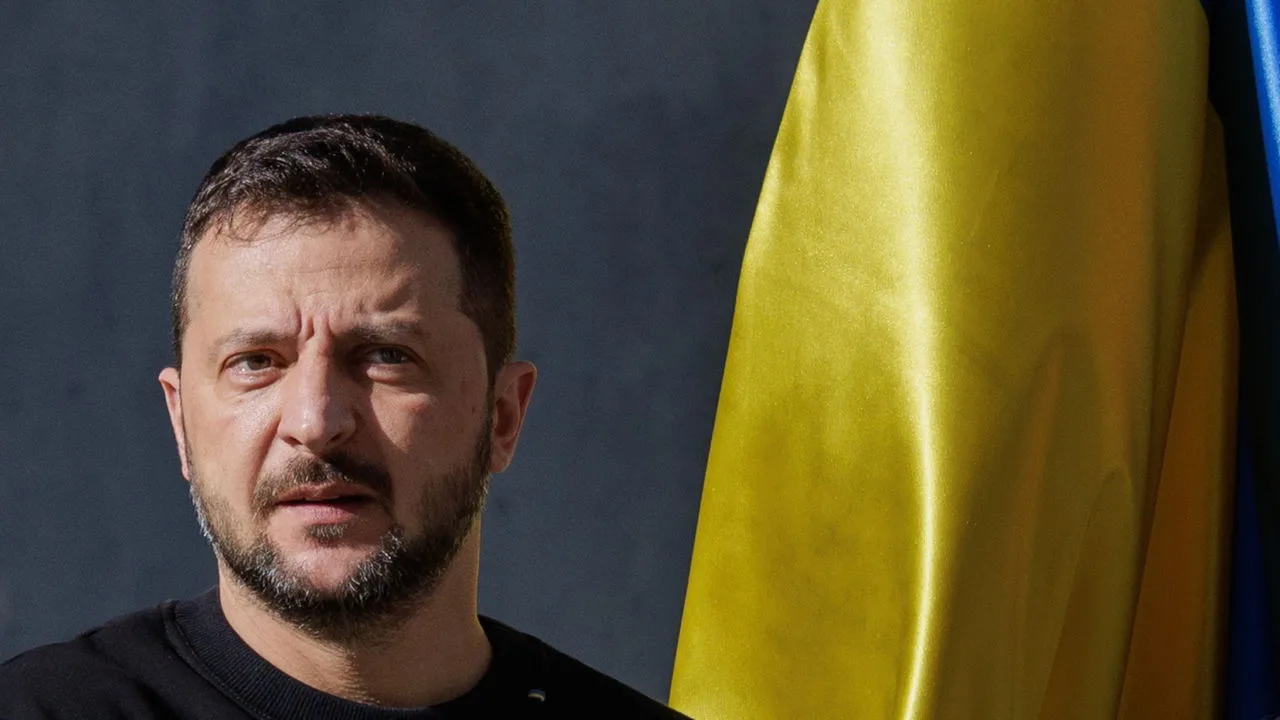President Volodymyr Zelensky has welcomed the — and used the moment to push for the same kind of uncompromising pressure on Russia over nuclear risks in Ukraine and beyond. His intervention frames the reimposition not as an end in itself, but as a principle: when any state threatens global nuclear order, the world must answer firmly and quickly.
Zelensky praised the Security Council’s “clear decision” to snap back restrictions that include an arms embargo and curbs on — measures aimed at limiting Tehran’s ability to develop nuclear capabilities that could destabilize the region. He argued that sanctions should be a predictable tool of global governance: whenever a state multilateral measures must follow without delay.
But Zelensky’s statement did more than endorse action against Iran. He drew a direct line from Tehran’s alleged flouting of IAEA calls to Moscow’s conduct in Ukraine, pointing to the that occupation poses to European nuclear safety. For him, the message is stark and consistent: nuclear security cannot be selective. If the world can restore pressure on Iran, it should also mount sustained, targeted measures that deter and penalize threats coming from Russia’s misuse of nuclear facilities and materials.
Zelensky’s appeal blends moral argument and realpolitik. He frames sanctions both as punishment and prevention: tools that can punish irresponsible behavior while raising the cost of further escalation. He also called specifically for pressure on Russia’s nuclear sector — an idea that moves beyond broad economic measures toward targeting the institutions and revenue streams connected to a state’s capacity to wield nuclear risk as leverage.
The timing of his remarks is notable. The UN move prompted an angry reaction from Tehran, which warned of retaliatory steps including the temporary withdrawal of ambassadors — a reminder that sanctions often produce immediate diplomatic blowback. Zelensky, however, is betting on a longer arc: that sustained multilateral pressure, backed by Western coordination, can both constrain risky programs and reaffirm international norms around nuclear safety.
Beyond sanctions, Zelensky has again pushed for stronger collective defenses in Europe — arguing that recent across NATO airspace require a unified response and better continental air shields. He has proposed closer cooperation on aerial defenses and shared technologies, and stressed that Europe’s security must be treated as indivisible: an attack on one flank is a risk to all. That call for cohesion complements his sanctions argument — together, they make up a two-pronged push for deterrence: economic pressure and practical defense.
Whatever one thinks of sanctions as policy, Zelensky’s intervention highlights a political strategy: use moments of international action to widen the conversation and align global institutions behind a broader security logic. By linking Iran’s snapback with Russia’s occupation of nuclear sites in Ukraine, he reframes the debate from bilateral disputes to the maintenance of a fragile, shared nuclear order — and urges partners to treat that order as non-negotiable.
In short: Zelensky is asking the world to apply rules evenly. If snapbacks can be used to check one state, they should be part of the toolkit to check another — especially when civilian lives and cross-border stability are at stake. The argument is simple, urgent and, in the current climate of fractious diplomacy, deliberately provocative: equal enforcement, stronger defenses, and no tolerance for turning nuclear infrastructure into instruments of war.

